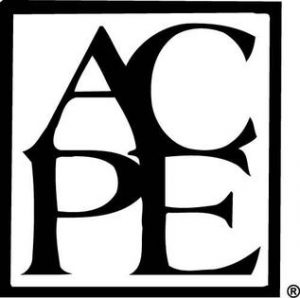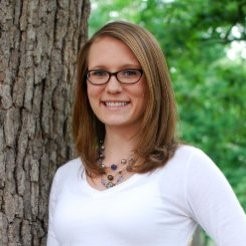Authors Dr. hAMAD AND dR. lEUNG, and pRECEPTOR Dr. tRINH report no conflicts of interest to disclose.
Learning objectives:
After the completion of reading the article, the reader will be able to:
- Describe the epidemiology, pathophysiology, and circulating variants of a novel coronavirus, SARS-CoV-2.
- Identify treatments for mild, moderate, and severe COVID-19 disease available under emergency use authorization in the United States
Type of activity: knowledge-based
Target audience: Pharmacists
Location: NCCCP website https://ncccp.net/ce/
ACPE – pharmacist accreditation credit hours: 0.5
The ACPE Universal Activity Number: 0217-9999-21-229-H04-P
For successful completion, participants must pass a post-test with a score of 70% or higher.
CE Exam available at: https://tinyurl.com/NCCCP-COVID19-CE-Exam
This is a free CE activity with no financial support from an individual or an organization.
 The American College of Clinical Pharmacy is accredited by the Accreditation Council for Pharmacy Education as a provider of continuing pharmacy education.
The American College of Clinical Pharmacy is accredited by the Accreditation Council for Pharmacy Education as a provider of continuing pharmacy education.
The American College of Clinical Pharmacy is accredited by the Accreditation Council for Pharmacy Education as a provider of continuing pharmacy education. This activity is a knowledge-based activity and will provide 0.5 contact hours of continuing pharmacy education. To claim continuing pharmacy education credit, participants must visit www.accp.com/ce and enter the code provided after the post-test is successfully completed. All participants must have a valid NABP e-Profile ID and date of birth on file with ACCP and must claim their CPE credit within 60-days, by November 5, 2021. Statements of credit for this activity will be available on CPE Monitor approximately 2-3 business days after credit has been claimed on the ACCP website.
Hardware requirements: There are no minimum hardware requirements for the learner.
Software requirements: Minimum software requirements include an internet browser (e.g., Chrome, Edge, Safari), updated to the latest version. No plug-ins are required.
Internet: Internet connectivity and minimum connection speed of 40 kbit/s are required.
Policy on Privacy and Confidentiality: The accredited providers adhere to privacy and confidentiality agreements as it relates to this internet-based CPE activity.
Author information
Adam Hamad, PharmD, PGY1 Pharmacy Resident
Thomas Leung, PharmD, PGY1 Pharmacy Resident
Preceptor information
Trang Trinh, PharmD, MPH, Associate Professor of Clinical Pharmacy
Having trouble claiming your CE credit? Contact us
